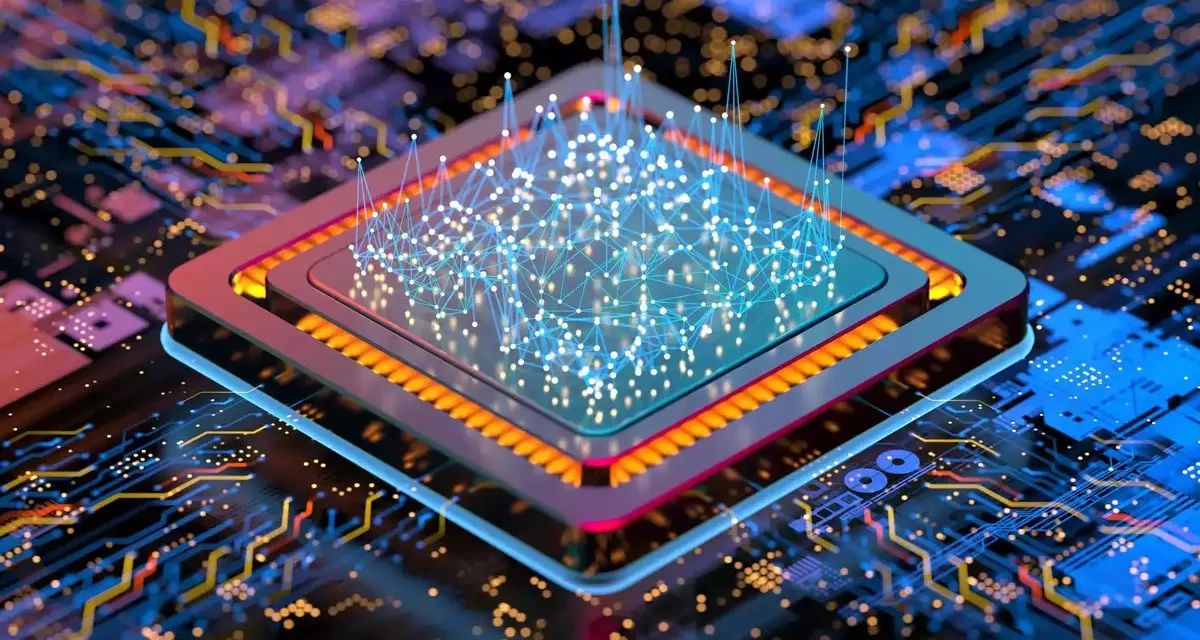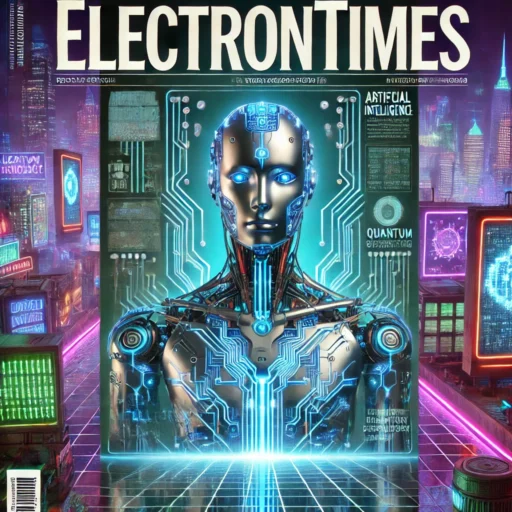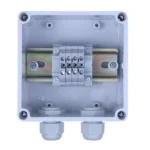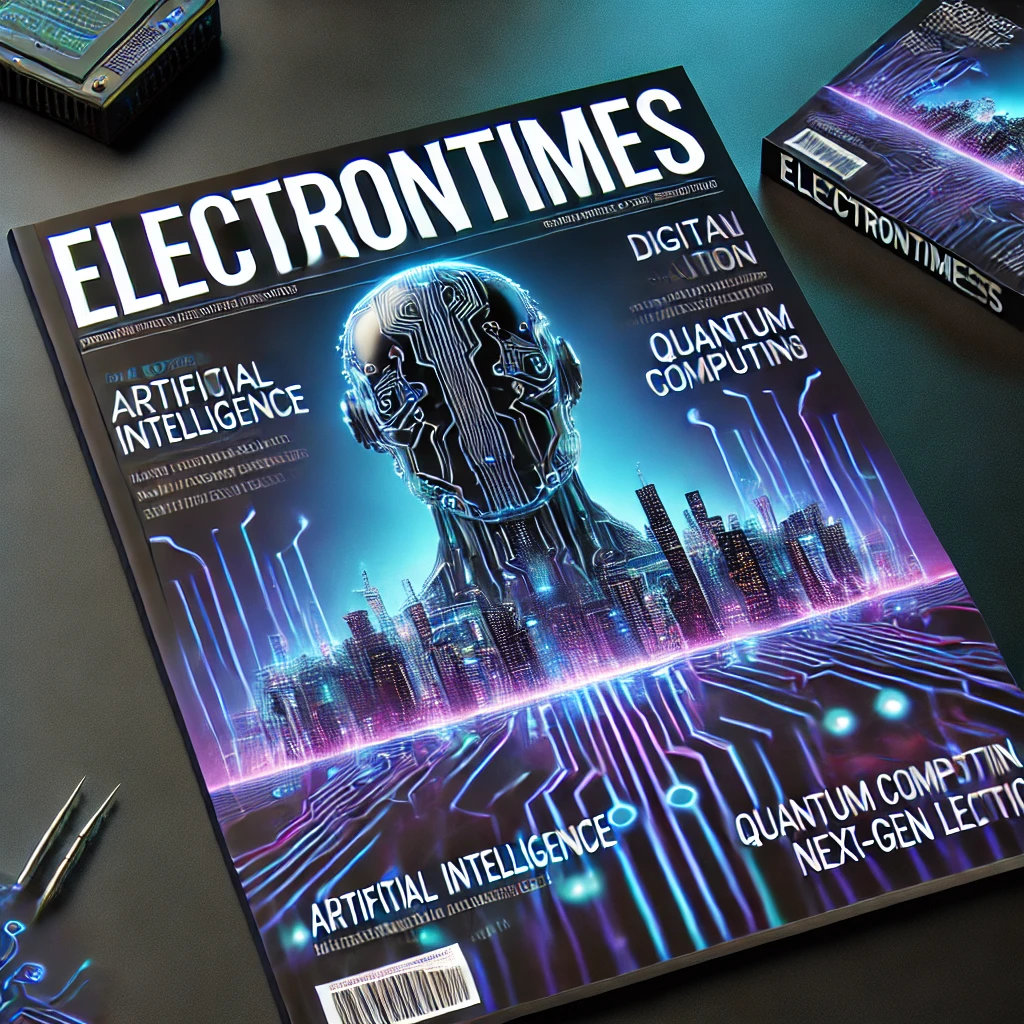Semiconductors are foundational to the electronics and electrical equipment industry. Their role extends across a wide range of applications, making them essential to the functionality of modern electronic devices. Here’s a breakdown of their key roles:
1. Enabling Electronic Devices
- Transistors: Semiconductors form the basis of transistors, which are the building blocks of most electronic devices. Transistors control electrical signals and are used to amplify or switch electrical power, making them crucial in everything from microprocessors to communication systems.
- Integrated Circuits (ICs): Semiconductors enable the development of ICs, which are compact and powerful components used in computers, smartphones, home appliances, automotive systems, and much more.
2. Power Management
- Power Conversion: Semiconductors are used in power electronics to convert and regulate electrical power. They help manage voltage levels, converting AC to DC or controlling power distribution in systems like solar panels, electric vehicles (EVs), and industrial equipment.
- Energy Efficiency: Power semiconductor devices, such as MOSFETs and IGBTs, improve energy efficiency in electrical equipment by reducing energy losses during conversion and transmission.
3. Communication and Connectivity
- Signal Processing: Semiconductors are integral to communication technologies, including mobile phones, radios, satellite systems, and Wi-Fi. They enable signal amplification, filtering, and modulation for seamless data transmission.
- Semiconductor Chips in 5G: In the emerging 5G network, semiconductor chips are critical for signal processing and high-speed data transfer, supporting the next generation of wireless communication.
4. Microprocessors and Computing
- Computing Power: Microprocessors, which are made from semiconductors, are at the heart of most modern computing devices, from personal computers to data centers. These processors drive complex calculations, storage, and logic operations.
- Artificial Intelligence (AI): Semiconductors are key to AI applications, as specialized chips like Graphics Processing Units (GPUs) and Tensor Processing Units (TPUs) accelerate machine learning tasks, enabling advanced technologies like autonomous driving and smart systems.
5. Consumer Electronics
- Smartphones and Tablets: The performance and capabilities of smartphones and tablets heavily rely on semiconductor chips. These chips control everything from processing power to memory and connectivity.
- Audio and Visual Equipment: Semiconductors are involved in the development of high-definition displays, audio systems, gaming consoles, and smart TVs, enabling better graphics, sound, and overall performance.
6. Automotive Industry
- Electric Vehicles (EVs): Semiconductors are vital for electric vehicles, where they control everything from battery management to motor control and charging systems.
- Advanced Driver Assistance Systems (ADAS): In modern vehicles, semiconductors enable ADAS features like autonomous driving, collision detection, and navigation, using sensors, cameras, and machine learning algorithms.
7. Industrial Automation
- Sensors and Robotics: In industrial settings, semiconductors are used in sensors and robotics, enhancing automation and improving precision in manufacturing processes.
- Control Systems: They are also integral in programmable logic controllers (PLCs) and motor controllers used in industrial machines and equipment.
8. Renewable Energy
- Solar Power Systems: Semiconductors are essential in the conversion of solar energy, especially in photovoltaic cells, where semiconductor materials like silicon absorb sunlight and convert it into electricity.
- Energy Storage: Semiconductor devices are also crucial in energy storage systems, such as batteries for renewable energy grids and electric vehicles.
9. Internet of Things (IoT)
- Connectivity: Semiconductors power the sensors and communication chips in IoT devices, which range from smart home products to industrial sensors, enabling these devices to collect data, communicate, and interact with other systems.
- Smart Devices: IoT applications in healthcare, agriculture, and smart cities rely on semiconductor-based devices for processing and connecting sensors and actuators.
10. Sustainability and Miniaturization
- Smaller and More Efficient Devices: As semiconductor technology advances, devices continue to shrink in size while increasing in power. This miniaturization leads to smaller, more efficient, and energy-conserving electronic devices and systems.
- Sustainability: Advanced semiconductor technologies help in creating energy-efficient solutions, contributing to sustainability efforts by minimizing energy consumption and reducing carbon footprints in various sectors.
Semiconductors are critical to the operation and advancement of modern electronics and electrical equipment. They provide power management, signal processing, computing, and connectivity, making them essential for industries ranging from consumer electronics to automotive, renewable energy, and industrial automation. Their role continues to evolve as technology advances, driving innovation and contributing to energy efficiency and sustainability across various sectors.














